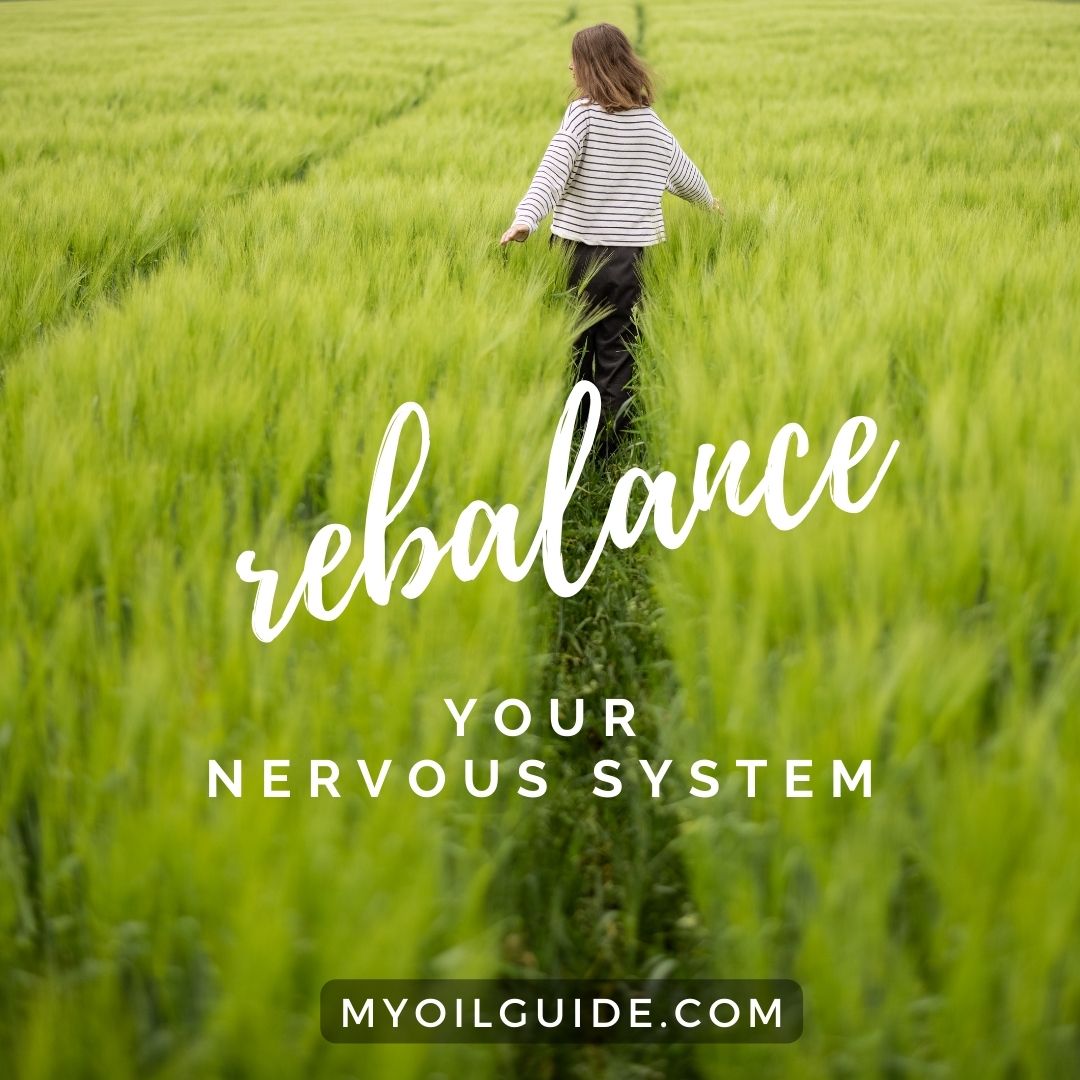The nervous system is a complex network of cells and tissues that allows us to perceive, process, and respond to information from both our internal and external environments. Its main purpose is to regulate and coordinate the functions of all other systems in the body. It achieves this through the transmission of electrical and chemical signals between nerve cells, which allow us to experience sensations, move our bodies, learn, remember, and communicate. The nervous system also plays a critical role in maintaining homeostasis, ensuring that our body’s internal environment remains stable and balanced despite changes in our external environment. Overall, our nervous system is essential for our survival, adaptability, and overall well-being.
Most of us have experienced significant changes, disruptions, and stress in recent years, which may have been compounded by traumatic experiences or personal obstacles we may have faced. The reason why this is significant is that these stressors can lead to a state of stress response that activates your nervous system excessively. As a result, our nervous system perpetuates a continuous state of ‘fight or flight’ response. While the fight or flight response can be beneficial in helping us respond to acute stressors, chronic activation of this response can have negative effects on both the body and brain, leading to feelings of anxiety, exhaustion, burnout, irritability, reduced resilience, lack of motivation, and physical illness such as cardiovascular disease, digestive disorders, and immune system dysfunction. It can be difficult to live a fulfilling, purposeful life while in this state. However, it is entirely possible to restore balance to the nervous system and achieve greater happiness, peace, joy, purpose, direction, motivation and improve physical health and wellbeing.
Here are some things we can do to help balance our nervous system:
Practice deep breathing: Slow, deep breathing can help calm the nervous system and reduce stress levels. Try taking slow, deep breaths in through your nose and out through your mouth for a few minutes each day or practice equal breathing, breathing in counting to four (breathe into your belly raising your belly, hold your breath counting to 4 (belly still raised), breathe out counting to 4 (release air, let belly sink down towards your spine). Within time extend holding your breath counting to 8.
Get enough sleep: The body needs rest to repair and restore itself. Getting enough sleep and good quality sleep each night is important for maintaining a balanced nervous system.
Eat a healthy diet: A well-balanced diet that includes plenty of fruits, vegetables, whole grains, and lean protein can help support a healthy nervous system.
Exercise regularly: Physical activity can help regulate the nervous system and reduce stress levels. Aim for at least 30 minutes of moderate exercise most days of the week.
Reduce stress: Stress can cause the nervous system to become imbalanced. Find ways to reduce stress in your life, such as practicing calming and grounding routines, mindfulness or meditation, spending time in nature, or engaging in activities you enjoy.
Connect with others: Social connections and support can help reduce stress and improve overall well-being.
Seek professional help: If you’re struggling with an imbalanced nervous system or related health issues, seek help from a mental health professional or other healthcare provider. They can provide guidance and support to help you restore balance to your nervous system.
Integrate essential oils: Essential oils can be wonderful supportive tools helping us create more peace and balance. Some essential oils traditionally used to balance or calm the nervous system include Lavender, Bergamot, Cilantro, Frankincense, Roman Chamomile, Rose, Basil, Copaiba, Vetiver, and Wild Orange.*
General tips on how to use essential oils to support the nervous system:
- Diffuse calming oils to promote a relaxing environment
- Inhale 1-2 drops from your palms (rub hands together to create a little heat, cup hands 6” from face, close your eyes, inhale) or use an aromatherapy inhaler
- Use select oils topically (apply to pulse points, inside of wrists and neck) to calm the nerves and ground emotions
- Massage oils into neck and shoulders (diluted with fractionated coconut oil), or add to a relaxing full body massage
Because we all have unique body chemistries, our responses to essential oils can vary. As a result, certain essential oils may have a more calming effect on some individuals than others. Finding out which particular essential oils or combination of essential oils work best for us, is a beautiful part of our essential oils journey. Generally, we will gravitate towards oils that are beneficial for us. Take a look again at list of supportive essential oils below. Which ones jump out at you immediately? Which ones do you feel drawn to?
Lavender
Bergamot
Frankincense
Roman Chamomile
Rose
Copaiba
Vetiver
Wild Orange
Basil
Cilantro
There are also several blends that are calming and balancing:
Balance Blend (Frankincense, Spruce, Ho Wood, Blue Tansy, Blue Chamomile, Osmanthus)
Peace Blend (Vetiver, Lavender, Ylang Ylang, Frankincense, Clary Sage, Marjoram, Labdanum, Spearmint)
Serenity Blend (Lavender, Cedarwood, Ylang Ylang, Marjoram, Roman Chamomile, Vetiver, Sandalwood)
Adaptive Blend (Wild Orange, Lavender, Copaiba, Spearmint, Magnolia, Rosemary, Neroli, Sweetgum)
Create daily routines that are calming and grounding such as breathing exercises, meditation, visualizations, yoga or tai chi, reading (not the news), walking, and other relaxing routines or exercises, incorporating your soothing and relaxing essential oils. You will experience the greatest benefits by developing routines that work for you and make you feel good. Consistency is key! Take the time to engage in grounding and calming exercises every single day.
Here are some specific areas you may want to look into:
Disclaimer
The information presented is for educational purposes only and not intended as a substitute for medical counseling. The statements made above have not been evaluated by the Food and Drug Administration. The products mentioned are not intended to diagnose, treat, cure, or prevent any disease or illness.






